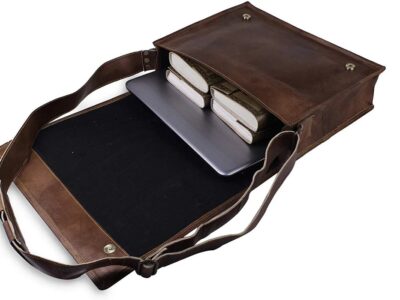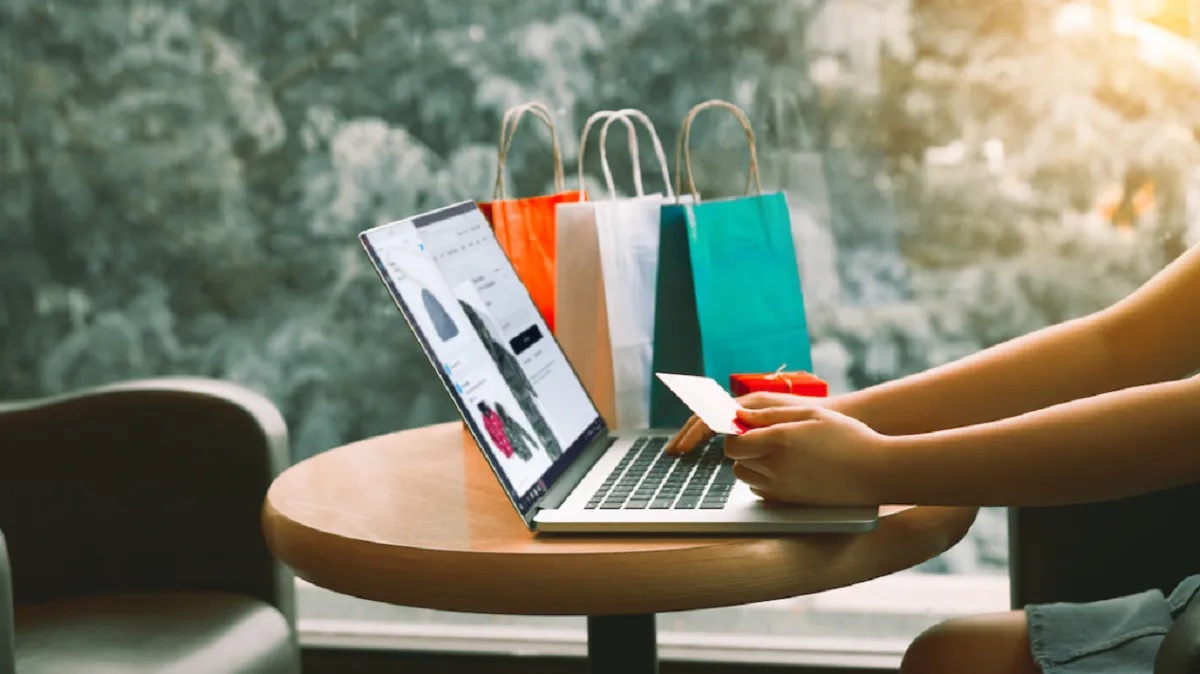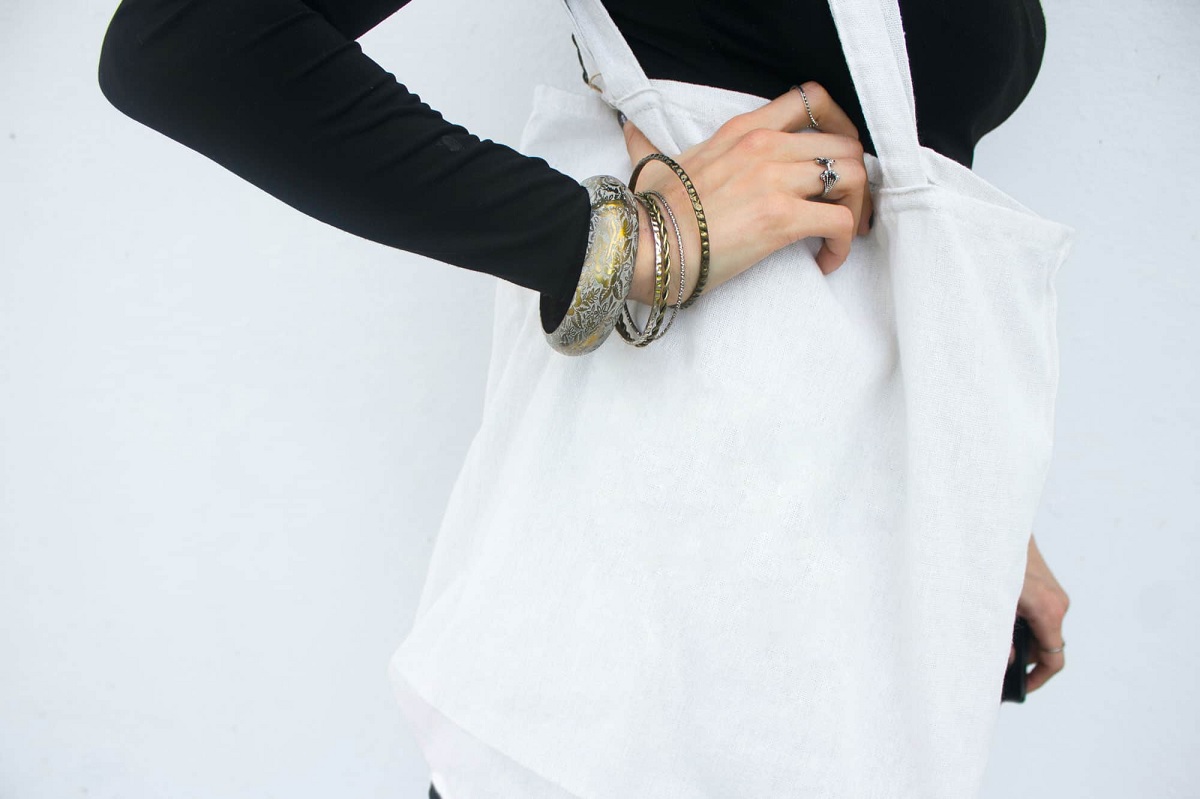Selling authentic, genuine products is crucial for building customer trust and protecting brand reputation. While retailers aim to acquire only bona fide goods, extra diligence is required when sourcing inventory from third parties like wholesalers, liquidators, and closeouts. Without careful controls, businesses risk accidentally trafficking in counterfeit or pirated items. By proactively vetting suppliers and validating merchandise, companies can mitigate these hazards to profitability and legal liability.
According to those at Olympic Eyewear, distributor of wholesale sunglasses, when dealing with high-risk categories like luxury apparel, electronics, and collectibles, enhanced scrutiny is advisable. For example, for businesses acquiring bulk designer sunglasses or other sensitive lines, implementing supplier reviews, authentication controls, and robust contracts gives peace of mind. Stopping fake products early prevents downstream losses.
Understand Vulnerabilities
Certain goods face higher risks of counterfeiting, piracy, and fraud. Luxury products, electronics, pharmaceuticals, and collectibles are commonly targeted categories given their premium pricing and coveted status. Risk also increases when buying through wholesale, liquidation, and closeout channels versus directly from brand owners. Gray market items may bypass quality checks. Understanding vulnerabilities by product type and channel allows targeting mitigation efforts for maximum impact.
By knowing precisely what to look for, businesses can catch fakes before they enter inventory. Letting counterfeits penetrate the supply chain leads to lost revenue, legal action, destroyed customer trust and reputational damage. It’s prudent to invest resources commensurate to the risks involved by product category.
Supplier Screening and Reviews
Thoroughly vetting any new wholesale suppliers is the first critical step. Scrutinize company history, reviews, certifications, specialties, and facilities to identify potential red flags. Search for any past complaints, violations, or connections to counterfeits. The more you know about a supplier upfront, the better.
For procuring high-counterfeit items like bulk designer sunglasses, apply extra rigor in validating wholesale vendors before engaging. Check for consumer complaints and detailed reviews by other buyers – these can reveal useful experiences with fraud. Reputable sellers try to make transparency easy.
Request Authentication Documentation
Require suppliers to provide extensive documentation validating authenticity like certificates of origin, lab certifications, invoices, and product specifications. Closely inspect details in documentation like watermarks, holograms, and high-resolution label images. Verify any unique product IDs or serial numbers match legitimate schemes from the brand owner.
Having suppliers commit in writing that items are genuine establishes responsibility. Make them liable for remediation costs if it is later deemed that goods are not authentic after passing initial checks. Supplier responsibility doesn’t end at delivery.
Test Products Extensively
Upon receipt, rigorously inspect and validate representative samples from shipments, especially for high-risk goods. Enlist experts knowledgeable in the product category to examine items for evidence of counterfeiting – incorrect materials, faulty labeling, poor manufacturing quality, etc. Compare to authentic samples procured directly from the brand company.
If any portion of a shipment raises concerns over authenticity, reject the entire bulk batch to be safe. It’s critical to be rigorous rather than letting counterfeits penetrate inventory. Err heavily on the side of caution if suppliers push back.
Establish Robust Agreements
Formal supplier agreements provide another layer of protection, including warranties of authenticity and quality. Ensure liability clauses hold suppliers financially and legally accountable if you find that counterfeits definitively originate from them.
Stipulate the right to refuse entire payment for bulk shipments that breach authenticity terms after delivery. Enforcing such provisions prevents being saddled with fakes that slip through other checks. Refuse to do business with sellers unwilling to agree to rigorous contractual protections.
Conclusion
By scrutinizing suppliers, validating merchandise, and shielding through strong contracts, businesses can import products with confidence. While extra diligence involves some time and costs up front, this prevents much larger problems down the road.












Comments